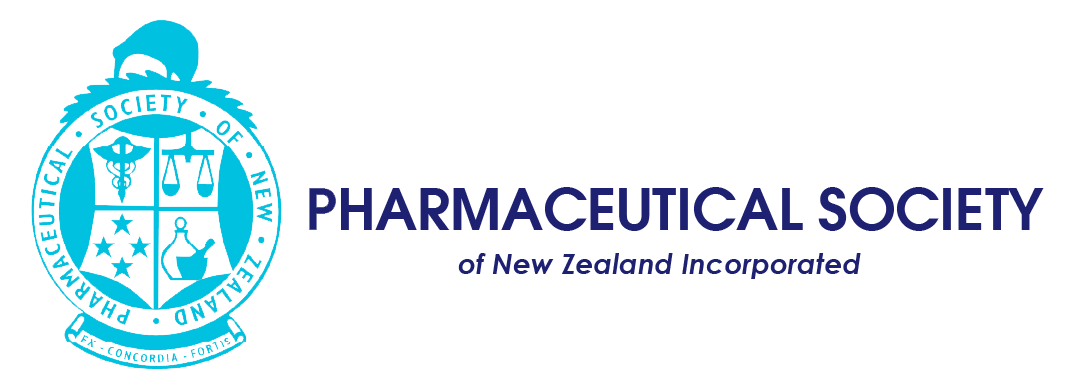Integrated Health Care Framework
A community with fully integrated primary healthcare services is acknowledged as the ideal way to ensure a modern, innovative, high performing health system providing best health outcomes for our people.
Doctors, pharmacists and other health professionals, have services, ideas, initiatives they wish to combine, collaborate on and integrate clinically and administratively.
How we do this
The Pharmaceutical Society of New Zealand (PSNZ) and the New Zealand Medical Association (NZMA) have developed a framework model as a resource for practitioners wanting to partner to do things differently. It describes what is needed to develop and implement new models of integrated, person-centred practice, in which pharmacists and doctors could work with each other and other MultiÂDisciplinary Team members to ensure continuity of patient care
The resulting Integrated Health Care Framework draws upon recognised evidence and best practice to provide the structure for identifying and managing all necessary factors in developing new innovations or models of care so that these are person-centred, integrated, support collaborative practice, and can be successfully implemented to meet the desired outcomes
This Framework is designed to be used collaboratively by anyone interested in person-centred integrated care, including but not exclusive to pharmacists, doctors, nurses, health providers, practice managers, PHOs, planners and funders.
There are 6 main components of the Integrated Health Care Framework:
- Person-Centred Integrated Care: the definition and enablers of person-centred care as the primary focus and perspective of any service or innovation.
- Pharmacist-Doctor Collaboration: consideration of the level of pharmacist-doctor collaboration that may exist or may be required, and enablers to enhance this.
- The Innovation: the definition, objectives, actions and outcomes related to the particular health innovation, service or model of care.
- Influences: the factors [facilitators or barriers) being considered that influence each component within the Framework, strategies for accommodating or addressing these, and mechanisms of evaluation.
- Contextual Domains: how 'influences' are defined and apply to the contextual domains of practice or influence i.e. levels of the health care system including individuals, organisations, local setting and the wider health system.
- Implementation: how 'influences' are defined and apply to the stages of implementation from the early discovery and development of an innovation, to testing and sustainable delivery that maintains outcomes and benefits
Provided with this Framework is a Workbook Toolkit. Use this workbook to guide you through the process, write your group notes on the pages provided. The workbook is well referenced with resources for each component of the Integrated Health Care Framework.
National Pharmacist Service Framework
Introduction
The New Zealand National Pharmacist Services Framework (the Framework) was developed in 2007 by District Health Boards of New Zealand (DHBNZ). When the Society took over responsibility of the Framework, it undertook a review, starting with a cross sector consultation. From this first review changes were made to the format, language, service descriptions and services.
The Framework enables:
- the promotion of optimal medicine-related outcomes from medicines; encouragement of multidisciplinary work practices, primary-primary and primary-secondary collaboration and integrated care
- the utilisation of the opportunity for enhanced access that community pharmacy offers for the promotion of public health and well-being and the encouragement of self-care;
- the optimisation of health by evaluating and addressing where possible, the medication management needs of local populations and individual patients;
- the development of medication management services that enhance patient choice, access and convenience and provide a positive experience for patients and other providers of healthcare;
- the provision of a range of clinically effective and cost-effective medication management services
- the development of an integrated approach to planning and commissioning of innovative medication management services that contribute to the development of primary health care and the optimisation of health outcomes regionally and nationally.
- alignment of services with specific pharmacist roles, such as those working in integrated health organisations and/or general practices.
You can see the full Framework document here.


